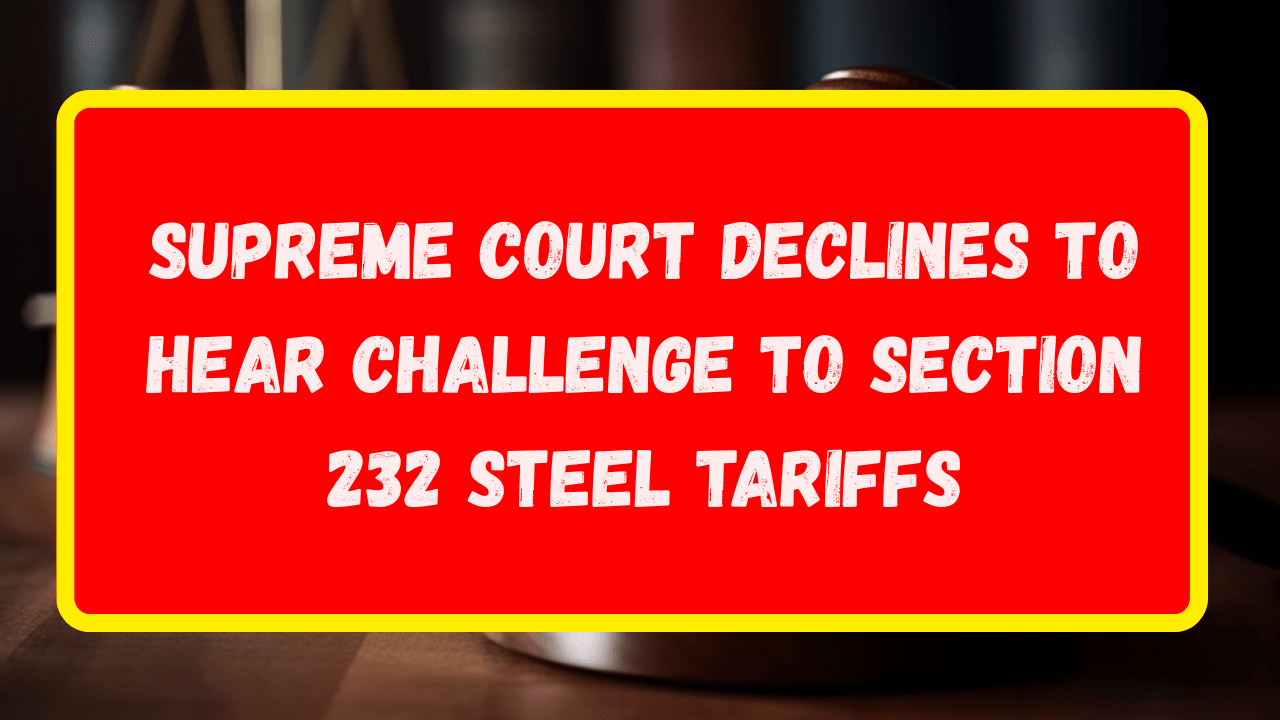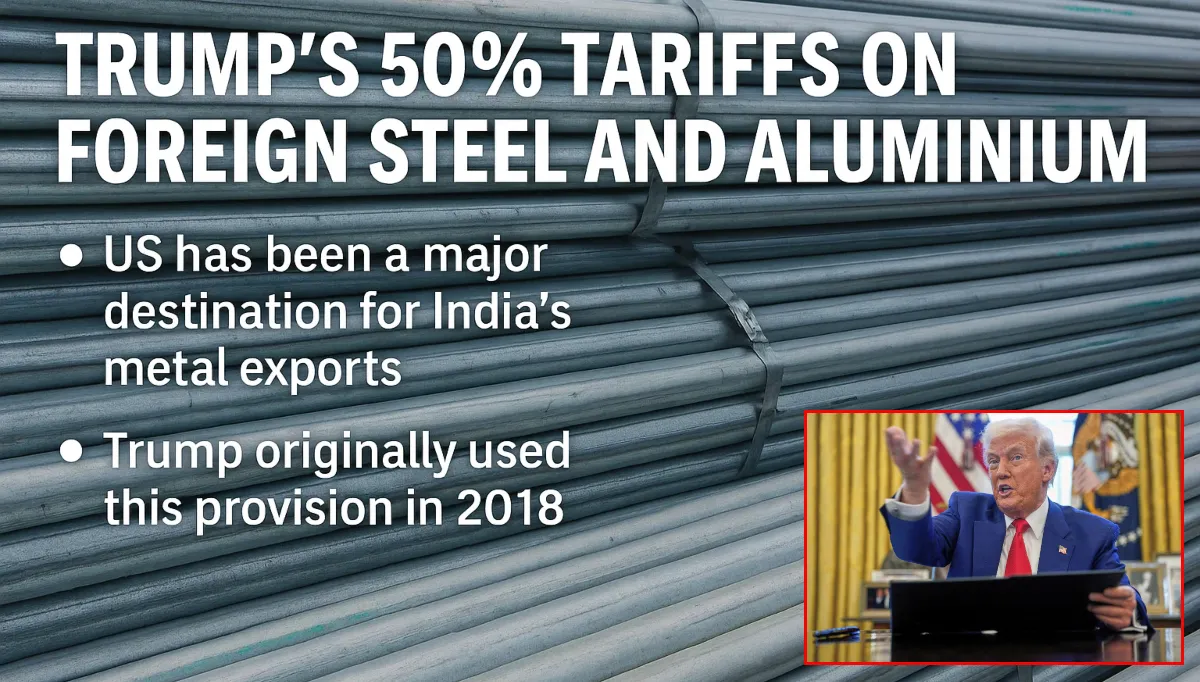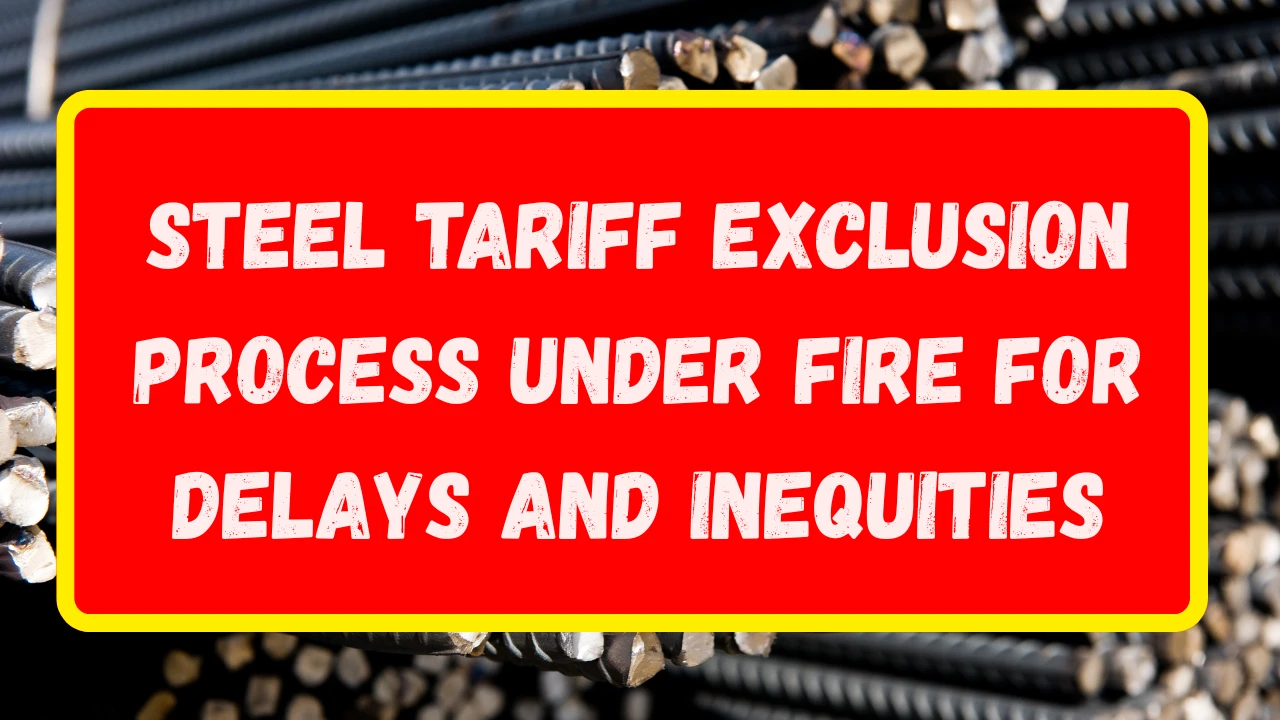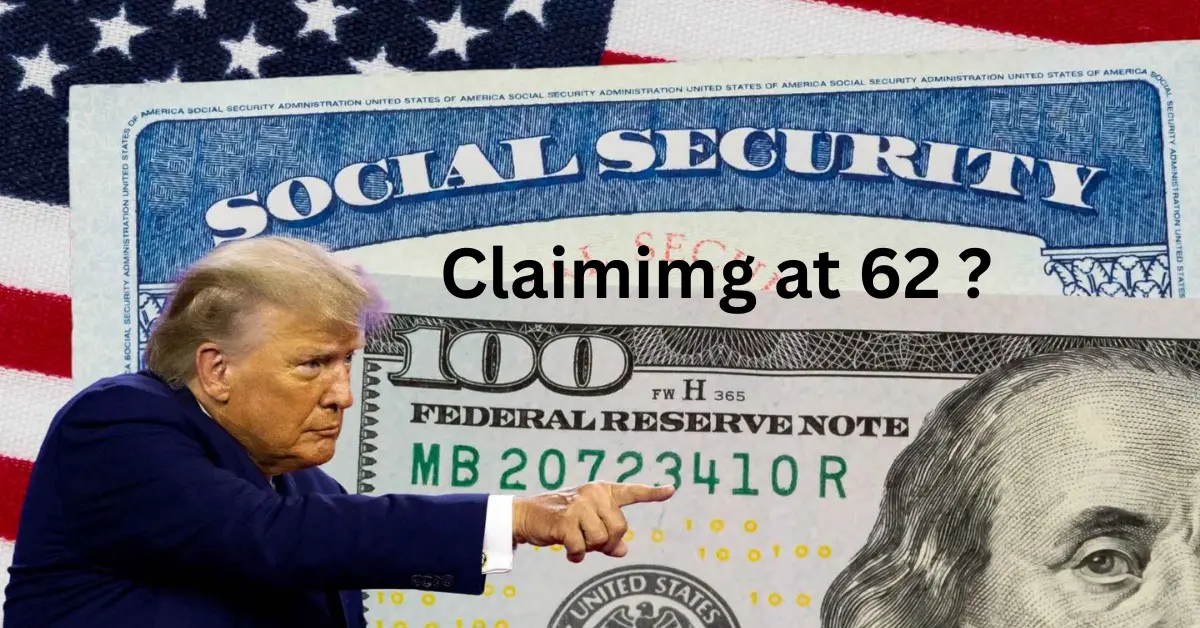The U.S. Supreme Court has repeatedly refused to hear legal challenges aimed at overturning tariffs imposed on steel and aluminum imports under Section 232 of the Trade Expansion Act of 1962. These decisions have effectively upheld one of former President Donald Trump’s most controversial trade policies, leaving the 25% steel and 10% aluminum tariffs in place despite strong opposition from importers and some foreign governments.
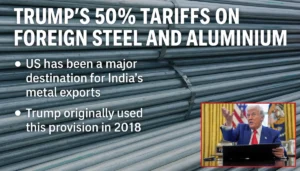
What Are Section 232 Tariffs?
Section 232 gives the president authority to limit imports of goods deemed critical to national security. In 2018, the Trump administration used this provision to justify imposing tariffs on steel and aluminum from many countries. Officials argued that relying too heavily on imported metals threatened the U.S.’s ability to maintain defense production and industrial capacity during national emergencies.
Commerce Secretary Wilbur Ross’s investigation at the time concluded that imported steel and aluminum were harming the U.S. industry, leading to plant closures and reduced domestic capacity. Trump then imposed tariffs of 25% on steel and 10% on aluminum, citing national security needs.
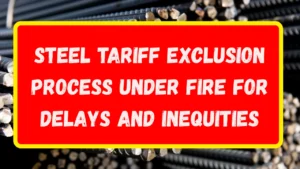
Expanding Tariffs to Steel Derivatives
In January 2020, President Trump expanded these tariffs to cover steel “derivatives”—products made from steel, like nails and fasteners. The administration claimed importers were using these derivative products to bypass the original tariffs, exploiting a loophole that hurt U.S. producers.
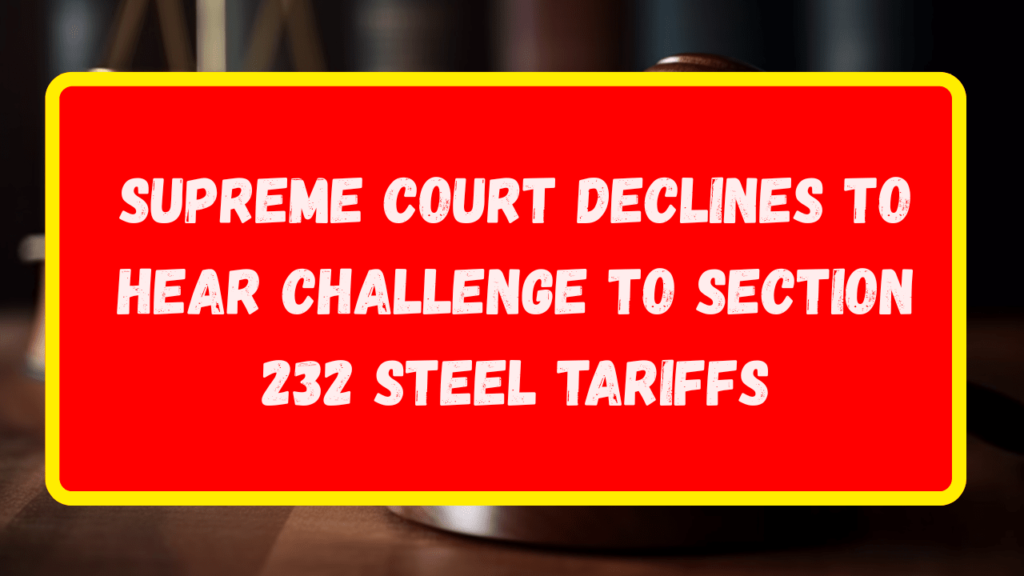
Legal Challenges and Court Rulings
Multiple companies, including PrimeSource Building Products, Oman Fasteners, and USP Holdings, launched legal challenges. Their argument: Congress never gave the president such broad power over trade. In 2021, the U.S. Court of International Trade initially ruled against the expansion to derivatives, citing missed procedural deadlines.

However, the U.S. Court of Appeals for the Federal Circuit reversed that decision in 2022. The appeals court concluded that presidents could impose additional tariffs to close loopholes as long as the original national security concerns remained valid. This ruling provided the legal foundation for keeping the derivative tariffs in place.
Supreme Court Denials
Importers sought to take their case to the Supreme Court multiple times:

- In 2019, the Court declined to fast-track a challenge from the American Institute for International Steel.
- In 2022, it refused to hear a case challenging Trump’s decision to double tariffs on Turkish steel.
- In March 2023, it rejected a broader industry challenge brought by USP Holdings and others, effectively ending that line of attack.
- In October 2023, it declined PrimeSource’s appeal of the Federal Circuit decision, letting the expanded tariffs on derivatives stand.
Each time, the Court’s refusal to hear the cases left lower-court rulings intact, keeping the tariffs in force.

Industry Reactions
The steel industry largely supports the tariffs. Groups like the Steel Manufacturers Association argue they have boosted domestic production, jobs, and capacity utilization. They see the measures as necessary to counter unfair trading practices and global overcapacity—especially from China.
Importers, on the other hand, say the tariffs raise costs for U.S. businesses, disrupt supply chains, and strain relationships with allies. They have repeatedly argued the national security justification is too broad and that only Congress should have the power to impose such sweeping trade barriers.
Biden Administration’s Stance
President Joe Biden’s administration has chosen to maintain these tariffs, defending them in court and in negotiations. While the administration has reached deals to ease some tariffs on allies (such as through tariff-rate quotas with the EU), it has not eliminated Section 232 measures altogether. Biden officials say the tariffs remain an important tool to protect domestic industry.
Why It Matters
The Supreme Court’s repeated denials highlight how much power presidents have under Section 232 to reshape trade policy in the name of national security. Critics argue this gives the executive branch too much unchecked authority. Supporters counter it’s essential for responding quickly to threats.
For now, the Section 232 tariffs remain a key feature of U.S. trade policy, impacting prices, supply chains, and foreign relations. The legal battles seem settled—at least unless Congress changes the law.
